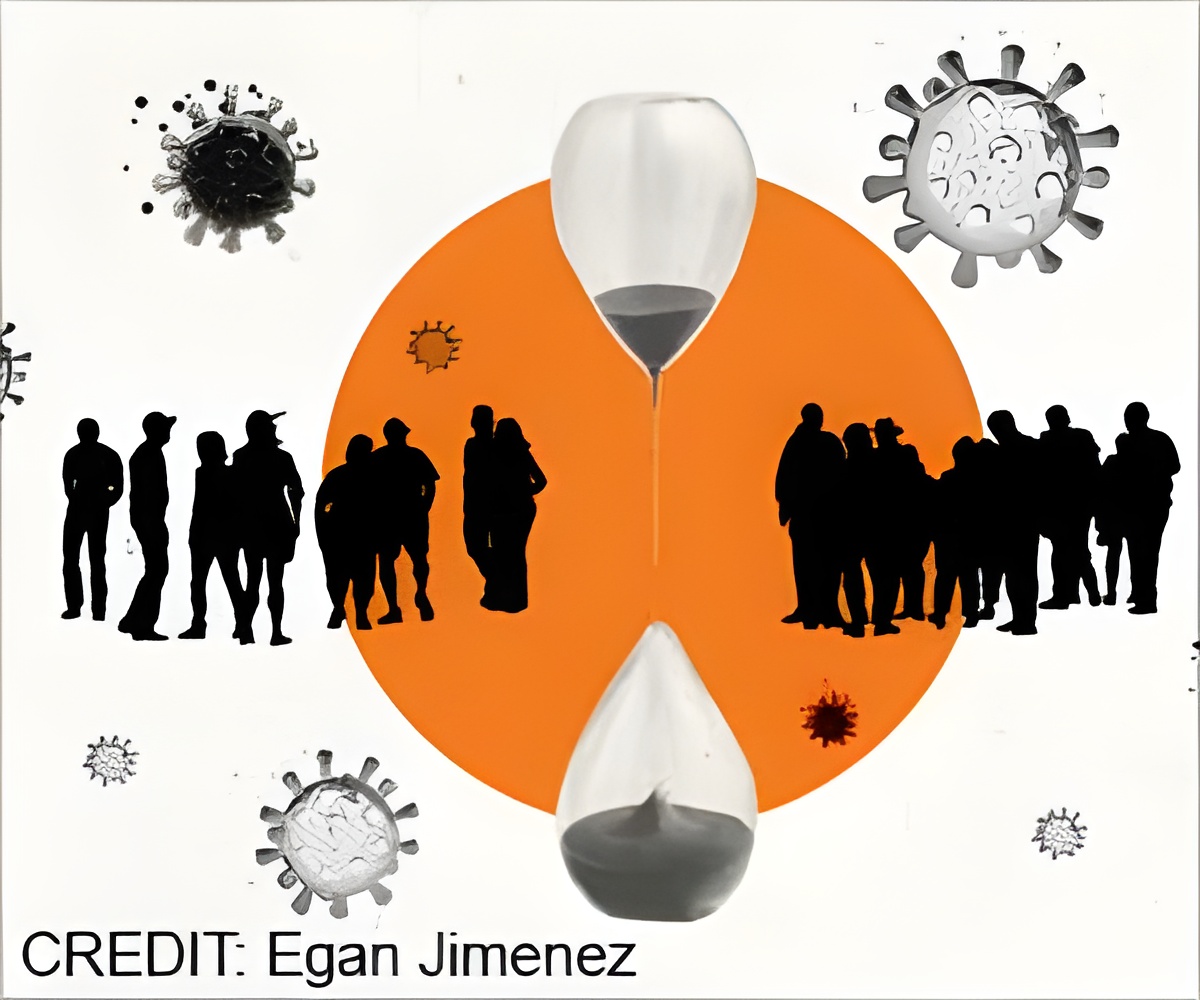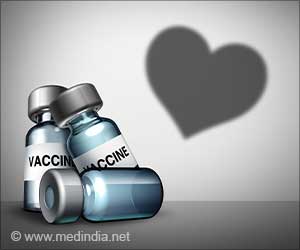
‘Native Americans continue to experience large social, economic, and health inequities, which in turn have increased the risk of COVID-19 infection, hospitalization and death.’
Tweet it Now
What is Life Expectancy?
Noreen Goldman of Princeton University and Theresa Andrasfay Ph.D. ’20 of the University of Southern California investigated life expectancy at birth in 2020 and 2021 — when COVID-19 rates were surging — compared to 2019.Life expectancy is a metric of population-level mortality in a given year, and it is sensitive to deaths at younger ages.
Findings
The pandemic set Native Americans further behind other major racial and ethnic groups in terms of life expectancy. For a high-income country, these figures are shockingly low, the researchers said, and far below every country in the Americas except for Haiti.
- The estimated loss in life expectancy at birth for Native Americans is 4.5 years in 2020 and 6.4 years in 2021 relative to 2019.
- The pandemic reduced Native American life expectancy at birth from the already low 72 years in 2019 to about 67 years in 2020 and about 65 years in 2021 for both sexes combined.
- Men and women each experienced around a six-year drop in life expectancy at birth.
- Women’s life expectancy was 69 in 2021, 71 in 2020 — compared to 75 in 2019.
- Men’s life expectancy was 62 in 2021, 64 in 2020 — dropping from 69 in 2019.
- Native Americans experienced a loss in life expectancy at birth in 2020 that is more than three years above that for whites and 1.5 years above losses for Black and Latino populations.
Policy Point
Despite a successful vaccination campaign among Native Americans, the loss in life expectancy at birth in 2021 unexpectedly exceeds that in 2020. There are a few plausible explanations for this disturbing finding:- Vaccines weren’t available to the public in January and February 2021, two of the deadliest months of the pandemic.
- Two highly contagious variants (Delta and Omicron), which partially avoided natural and vaccine-acquired immunity, emerged in 2021.
- Many Native Americans, like the general U.S. population, are still not vaccinated or did not receive a booster shot.
- Deaths from several chronic diseases and drug overdoses increased for all populations during the pandemic, contributing to these dire figures.
“The large financial investment in the American Rescue Plan to enhance identification and treatment of COVID-19 infections and to strengthen the public health infrastructure for the Native American population is a significant step forward.” — Noreen Goldman, Princeton School of Public and International Affairs.
Advertisement
Source-Eurekalert










